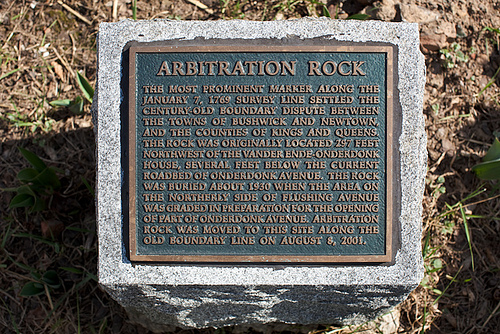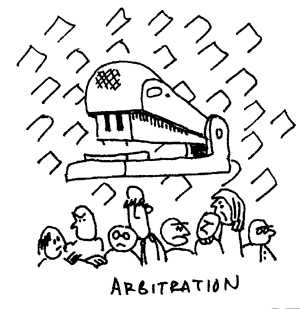Often a party to a lawsuit will have great success at trial, resulting in a money judgment. Then the judgment holder tries to collect the judgment, and finds that the debtor is judgment – proof, has no assets, or files bankruptcy to avoid liability for that judgment. Sacramento business attorneys are frequently presented with the problem of an uncollectible judgment. One solution – A judgment may be amended to add additional judgment debtors on the ground that a person or entity is the alter ego of the original judgment debtor; it is an equitable procedure based on the theory that the court is not amending the judgment to add a new defendant but is merely inserting the correct name of the real defendant. That happened to a plaintiff in a recent decision, and the court found that the creditor met the test to nail the parties responsible for the damages, who were not originally named defendants.
 In Relentless Air Racing, LLC v. Airborne Turbine Ltd. Partnership, Relentless sued Airborne concerning purchase of a French military jet that was not certified for flight. Relentless won a money judgment for damages of one dollar ($1.00), plus was awarded attorney fees of over $174,000 and costs of over $6,000. Airborne limited partnership was a deadbeat, with no assets, so Relentless could not collect its judgment. Relentless the sought to add the husband and wife team behind Airborne, plus their two corporations, as judgment debtors.
In Relentless Air Racing, LLC v. Airborne Turbine Ltd. Partnership, Relentless sued Airborne concerning purchase of a French military jet that was not certified for flight. Relentless won a money judgment for damages of one dollar ($1.00), plus was awarded attorney fees of over $174,000 and costs of over $6,000. Airborne limited partnership was a deadbeat, with no assets, so Relentless could not collect its judgment. Relentless the sought to add the husband and wife team behind Airborne, plus their two corporations, as judgment debtors.
The court first reviewed the law concerning adding additional judgment debtors. The theory that the court is not amending the judgment to add a new defendant but is merely inserting the correct name of the real defendant. The three-part test requires the judgment holder show:
 California Real Estate Lawyers Blog
California Real Estate Lawyers Blog


 In
In  In
In  The case is
The case is  In
In  However, there is a limit to how long the court may keep jurisdiction over the parties. In
However, there is a limit to how long the court may keep jurisdiction over the parties. In  Questions of conflicting rulings are occasionally seen by
Questions of conflicting rulings are occasionally seen by